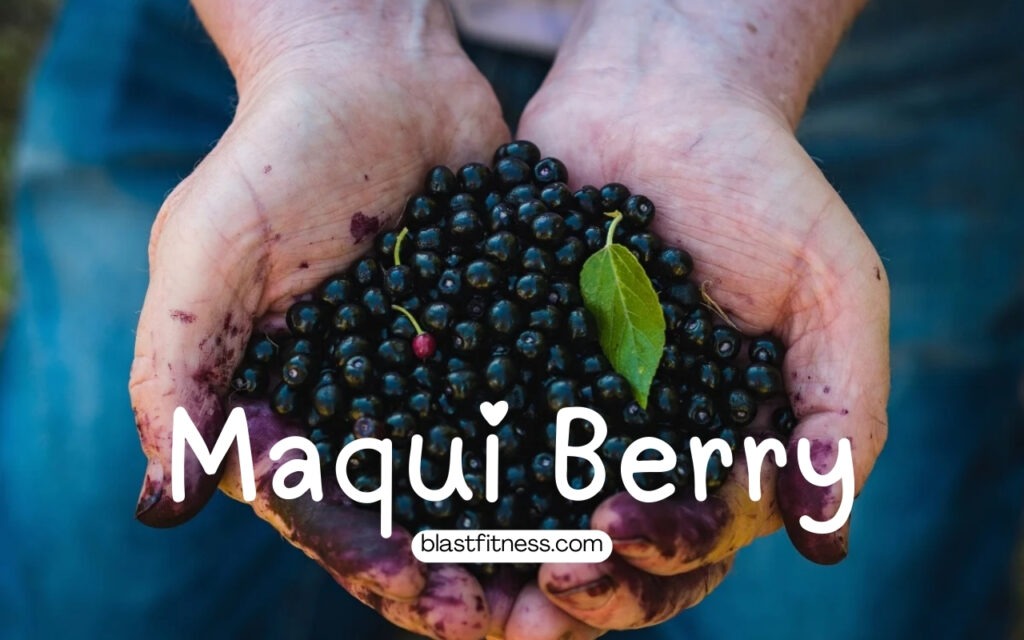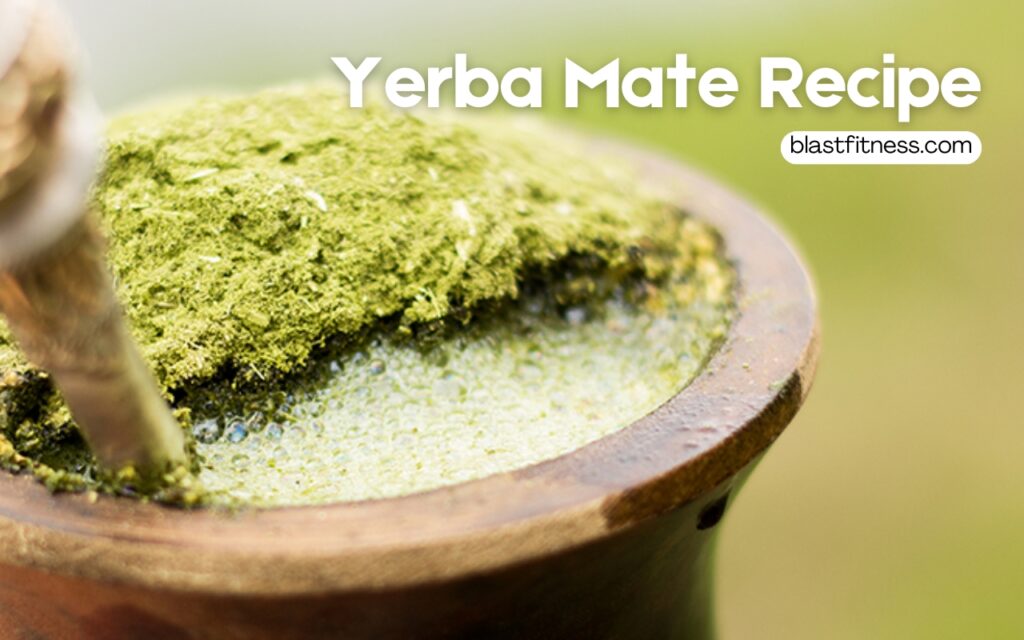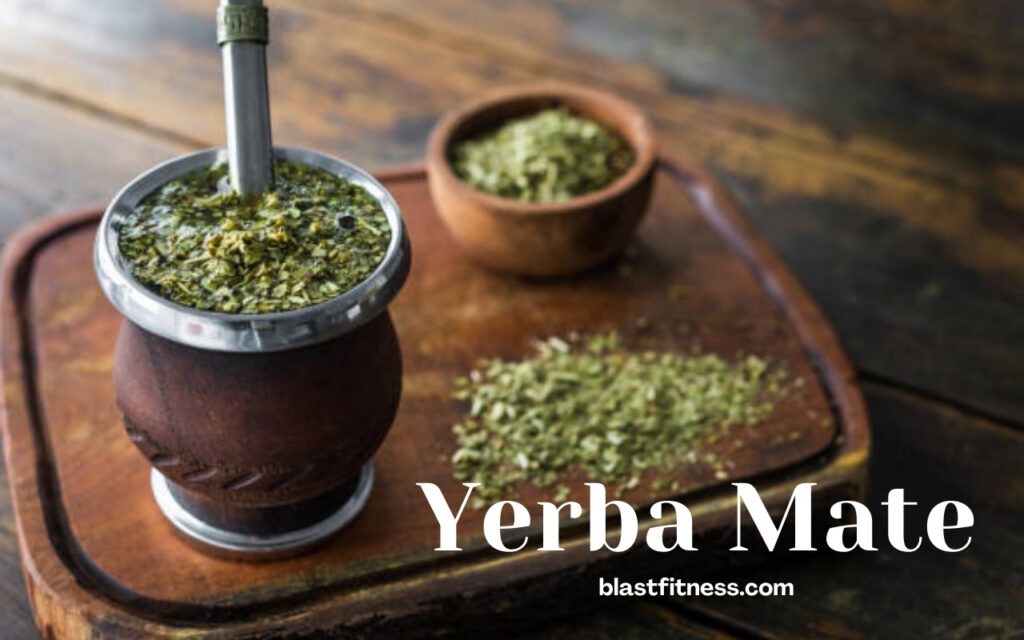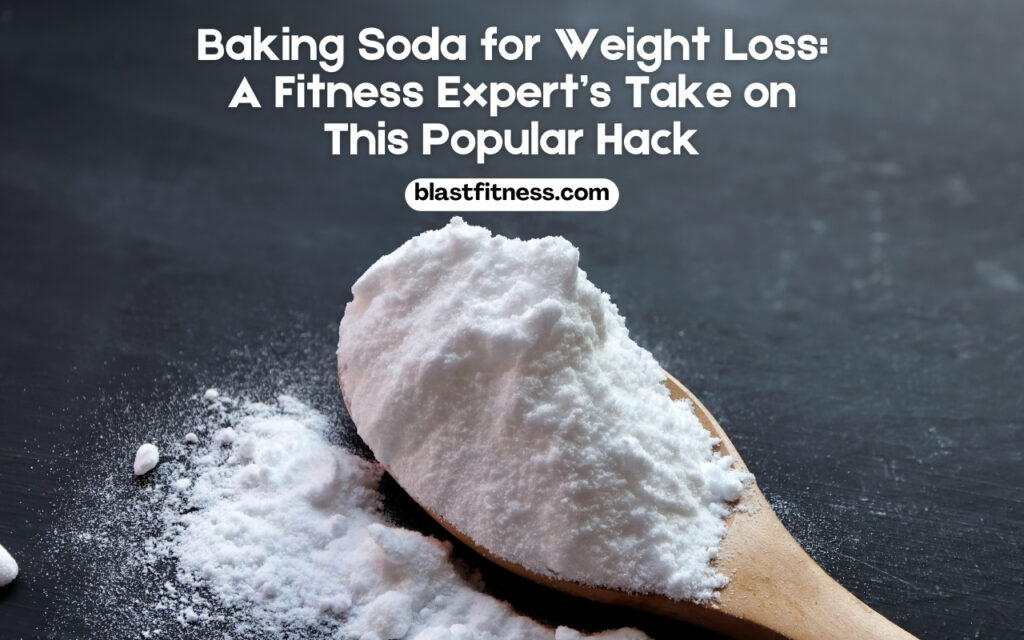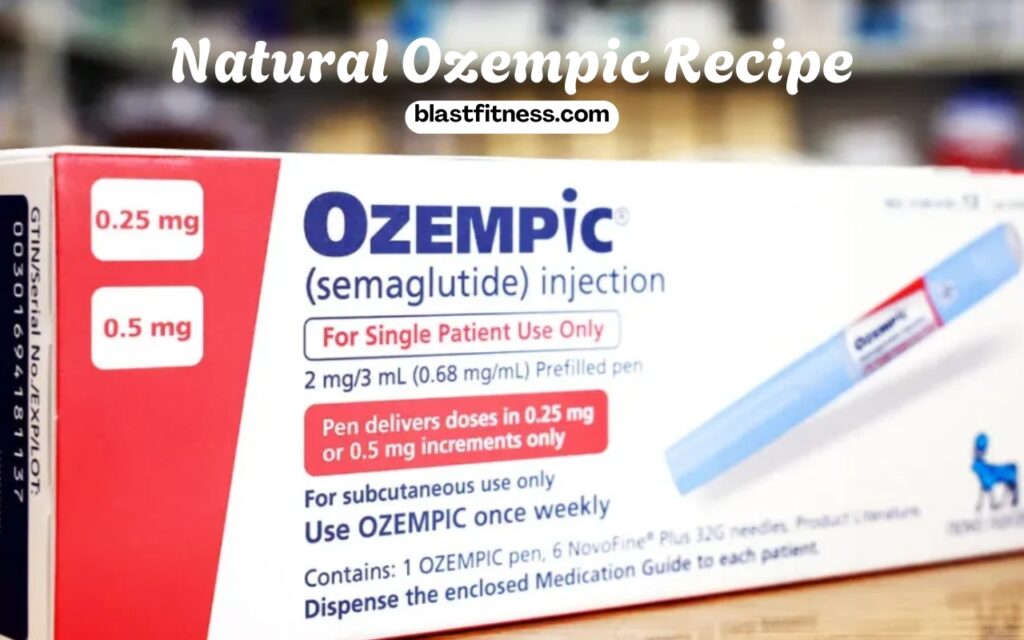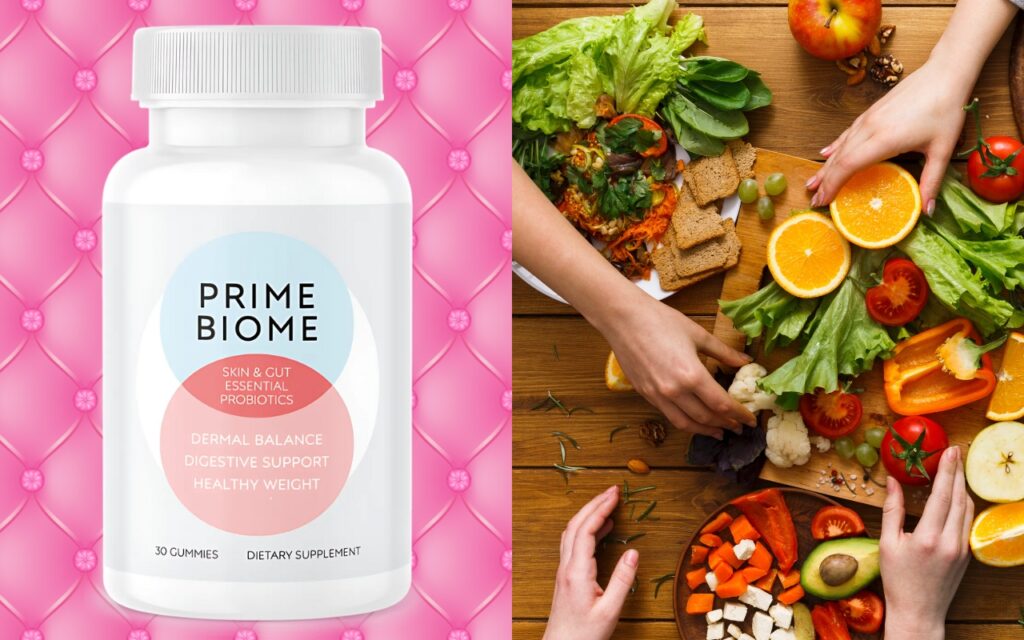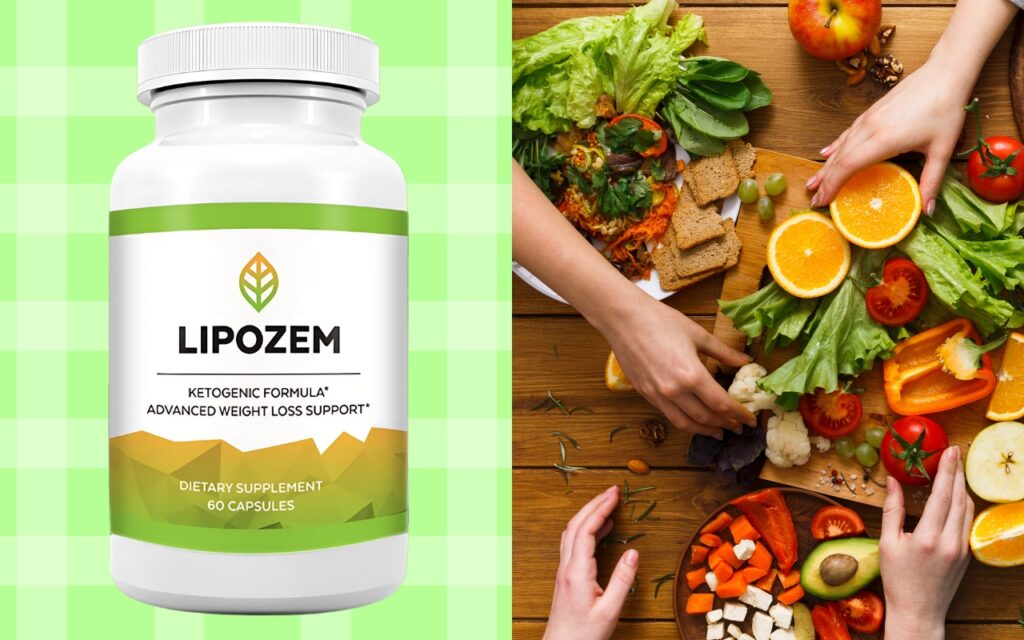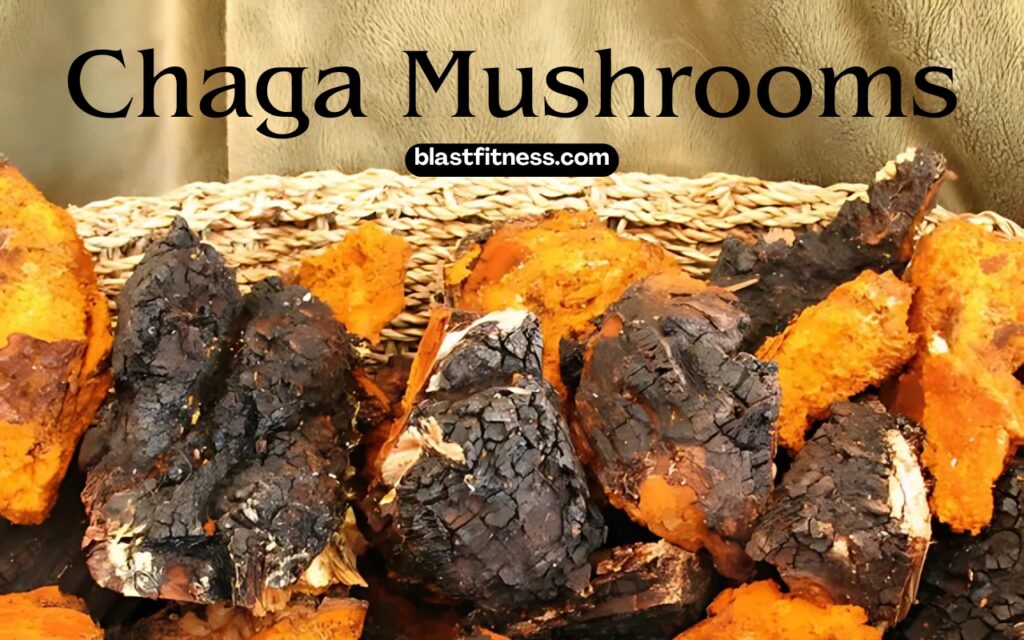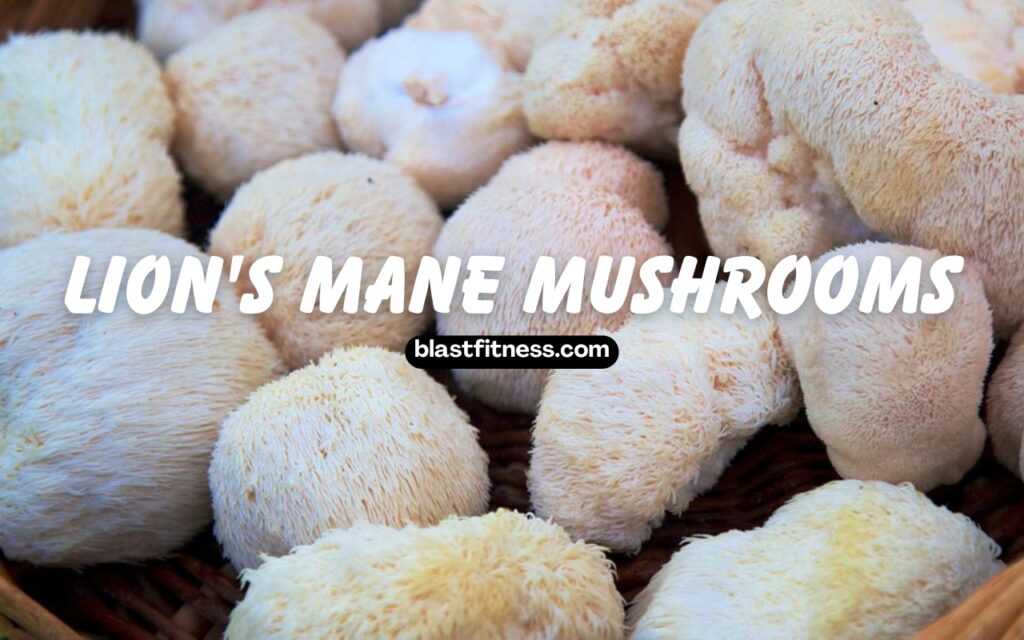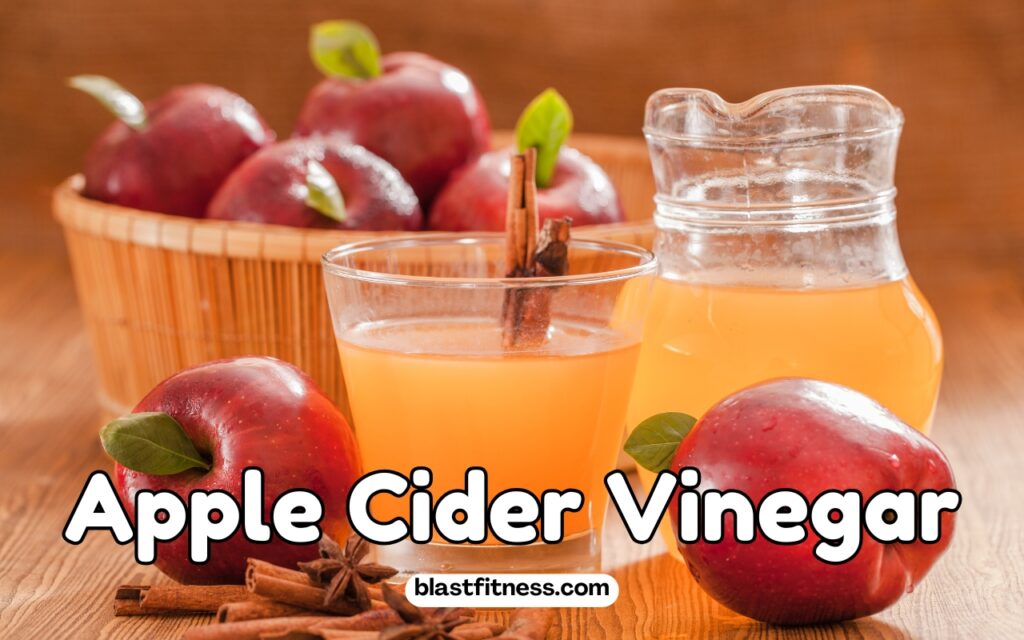
At BlastFitness.com, we focus on optimizing performance, recovery, and overall health through science-backed nutrition and training. Athletes and fitness enthusiasts are constantly looking for natural ways to boost energy, accelerate recovery, and improve endurance—and apple cider vinegar (ACV) is gaining attention as a functional supplement that supports metabolism, digestion, and muscle recovery.
While ACV has been widely used in holistic health, emerging research suggests that it may have benefits specifically for athletes and active individuals. This article examines the science behind ACV’s potential role in energy production, recovery, endurance, and fat metabolism—helping you decide if it’s a smart addition to your training regimen.
1. Energy Production: How ACV Supports Metabolism for Performance
Energy is the foundation of every workout, and metabolic efficiency determines how well your body utilizes fuel. The primary active ingredient in ACV, acetic acid, has been linked to improved mitochondrial function, which can enhance endurance and stamina.
- Acetic acid helps convert fat into energy by supporting mitochondrial efficiency—your body’s cellular powerhouses.
- Research suggests that ACV may improve glucose metabolism, leading to more stable energy levels throughout workouts.
- Balanced blood sugar means fewer energy crashes and sustained endurance during prolonged exercise.
2. Improved Recovery: Reducing Inflammation and Muscle Soreness
Intense training sessions cause microtears in muscle fibers, leading to inflammation and soreness. Proper recovery is crucial for muscle repair and growth, and ACV may play a role in reducing post-workout inflammation.
- Acetic acid has anti-inflammatory properties that may help ease muscle stiffness and joint discomfort.
- Antioxidants in ACV can help neutralize oxidative stress caused by intense exercise.
- The alkalizing effect of ACV may help reduce lactic acid buildup, potentially minimizing muscle fatigue after training.
3. Hydration and Electrolyte Balance: Essential for Endurance Athletes
Sweating during high-intensity workouts depletes essential minerals, impacting muscle function and recovery. ACV contains potassium and other trace minerals that support hydration and electrolyte balance.
- Potassium in ACV supports nerve function and muscle contractions, helping prevent cramps.
- Adding ACV to a post-workout drink can help restore electrolytes naturally.
- The acidic nature of ACV enhances nutrient absorption, ensuring your body effectively utilizes vitamins and minerals for recovery.
4. Fat Metabolism and Weight Management for Performance Athletes
For athletes looking to cut body fat while maintaining lean muscle, ACV may support fat metabolism and appetite control.
- A 2024 randomized control trial found that individuals consuming three daily doses of 15 mL ACV for 12 weeks experienced:
- 6-8 kg (13-17 lb) weight loss
- Lower body fat percentage
- Reduced BMI, blood sugar, and cholesterol levels
- Acetic acid has been shown to suppress appetite, reducing calorie intake and supporting fat loss without affecting muscle mass.
- ACV’s impact on blood sugar stability helps control cravings, making it easier to stick to a clean, performance-focused diet.
5. Gut Health and Nutrient Absorption: Fueling Athletic Performance
Gut health plays a crucial role in nutrient absorption, immune function, and energy regulation—all key factors in athletic performance.
- The probiotics in unfiltered ACV support gut microbiome balance, improving digestion and absorption of essential nutrients like protein, iron, and B vitamins.
- A healthy gut microbiome has been linked to reduced inflammation, which can enhance recovery and overall endurance.
- ACV can aid in digestion, preventing bloating or sluggishness before a workout.
6. Natural Detox and pH Balance: Optimizing Body Function
Toxins and metabolic waste can slow down recovery and energy levels. ACV is often used as a natural detoxifier to help cleanse the body.
- Acetic acid promotes liver function, aiding in the removal of metabolic waste after exercise.
- ACV’s alkalizing effect may help maintain pH balance, reducing acidity that can lead to fatigue and soreness.
How to Incorporate Apple Cider Vinegar into Your Training Routine
To maximize ACV’s benefits, it’s essential to use it correctly. Here are some ways athletes and fitness enthusiasts can add ACV to their daily regimen:
1. Pre-Workout Boost for Energy and Endurance
- 1 tablespoon of ACV mixed with water 30 minutes before exercise may help regulate blood sugar and enhance fat metabolism.
- Combine with lemon and honey for added electrolytes and hydration.
2. Post-Workout Recovery for Muscle Repair
- Mix 1 tablespoon of ACV in coconut water to restore electrolytes.
- Add a pinch of sea salt for enhanced mineral balance.
3. Daily Fat Loss and Metabolism Support
- Drink 1-2 tablespoons of ACV diluted in water before meals to regulate appetite and digestion.
- Use in salad dressings and marinades for an easy way to incorporate ACV into meals.
Potential Side Effects and Precautions for Athletes
While ACV has many benefits, it should be used responsibly to avoid negative side effects:
- Tooth enamel erosion: Always dilute ACV in water to prevent damage.
- Digestive sensitivity: Start with small doses to avoid acid reflux or stomach discomfort.
- Interactions with medications: Those taking diuretics or blood sugar-lowering medications should consult a doctor before increasing ACV intake.
The Bottom Line: Should Athletes Use Apple Cider Vinegar?
At BlastFitness.com, we focus on science-backed, natural methods to improve athletic performance. Apple cider vinegar is not a miracle supplement, but research suggests it can support:
- Sustained energy levels by enhancing metabolism
- Faster recovery by reducing inflammation and oxidative stress
- Hydration and electrolyte balance for optimal performance
- Fat metabolism and appetite control for weight management
For athletes looking for a natural, research-supported boost, ACV can be a valuable addition to a balanced diet and structured training program.
Try incorporating ACV into your regimen today and experience the benefits for energy, endurance, and recovery!
Related: Apple Cider Vinegar Recipe

